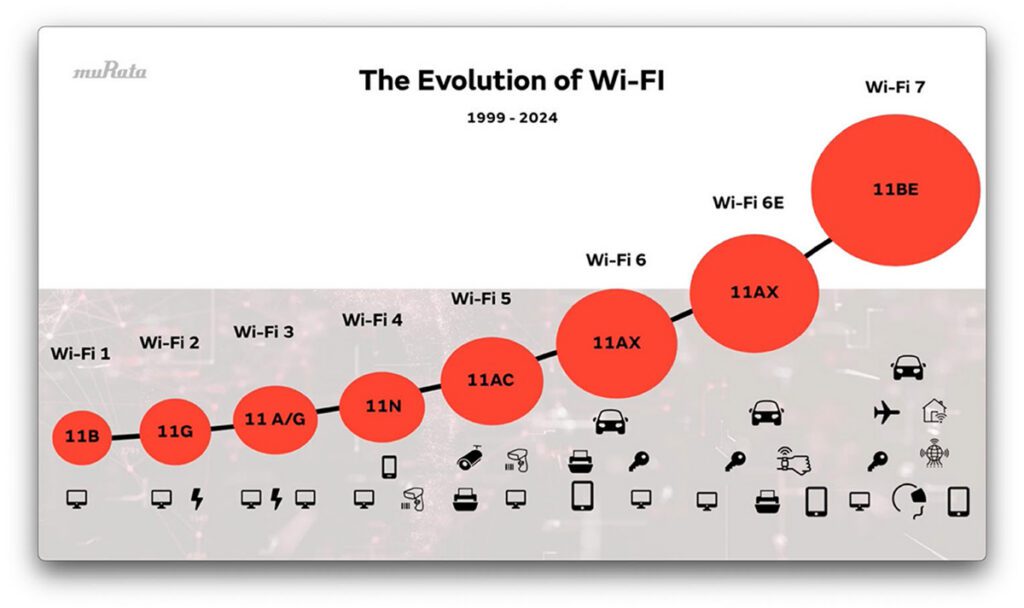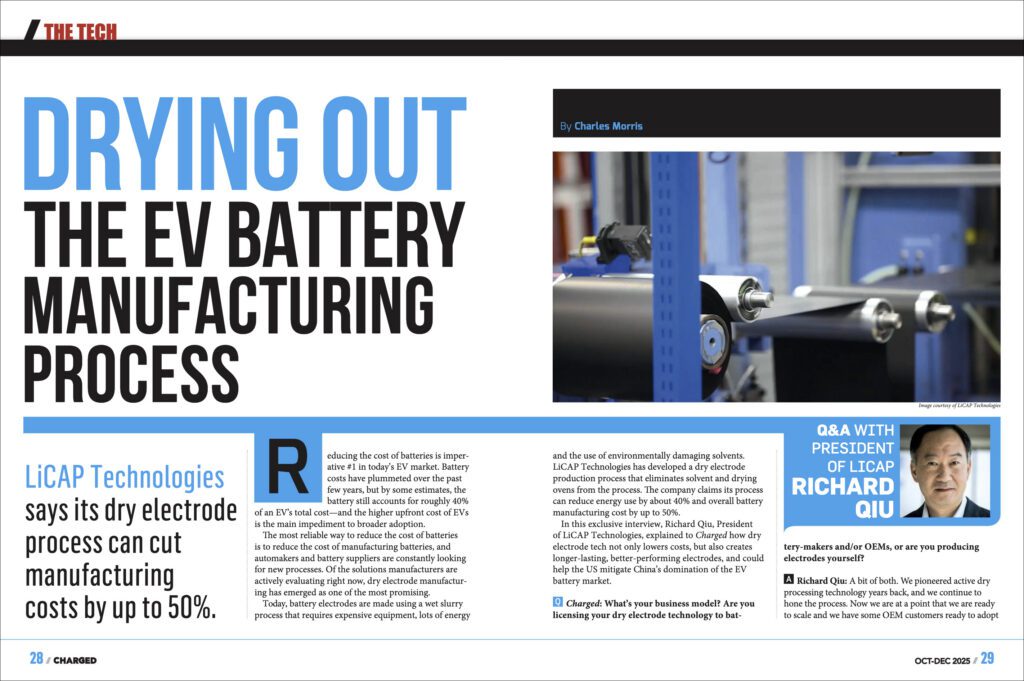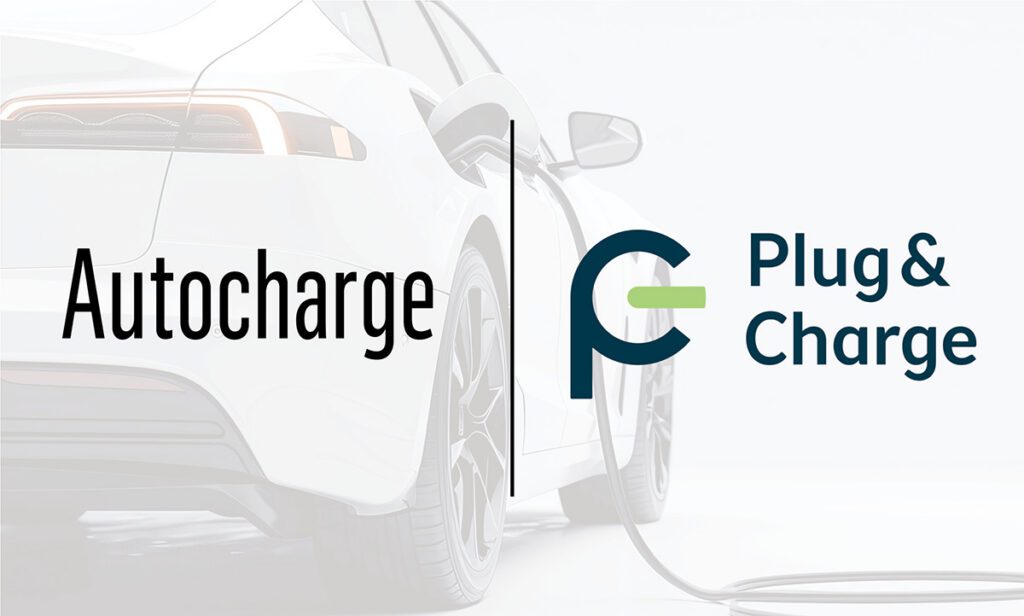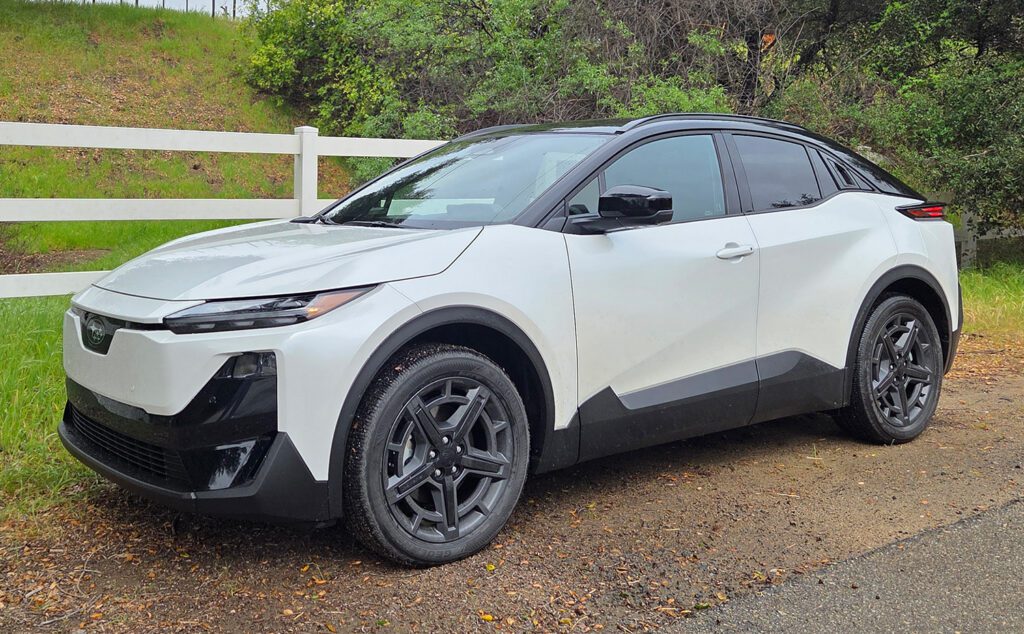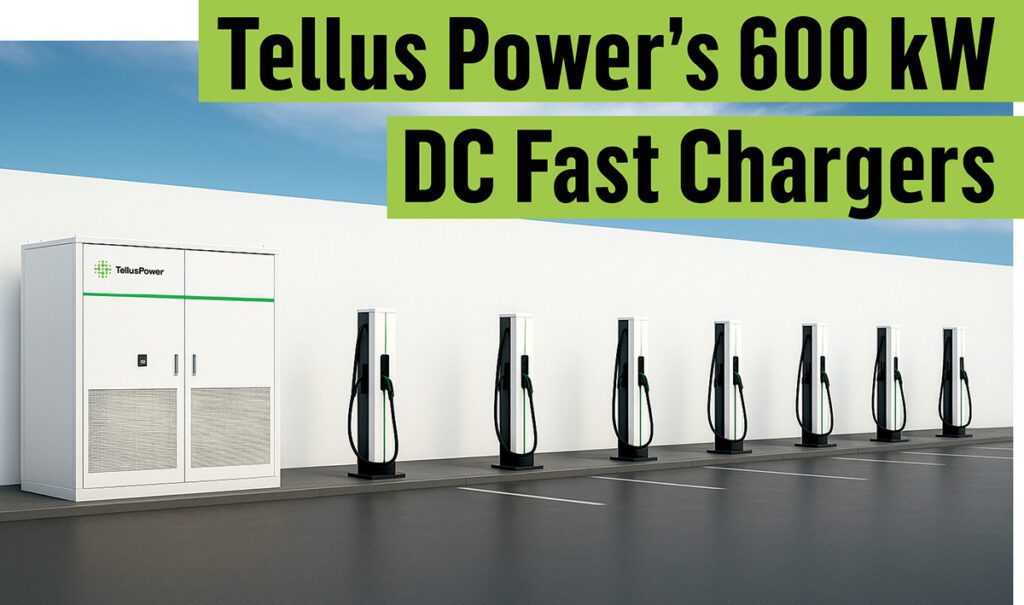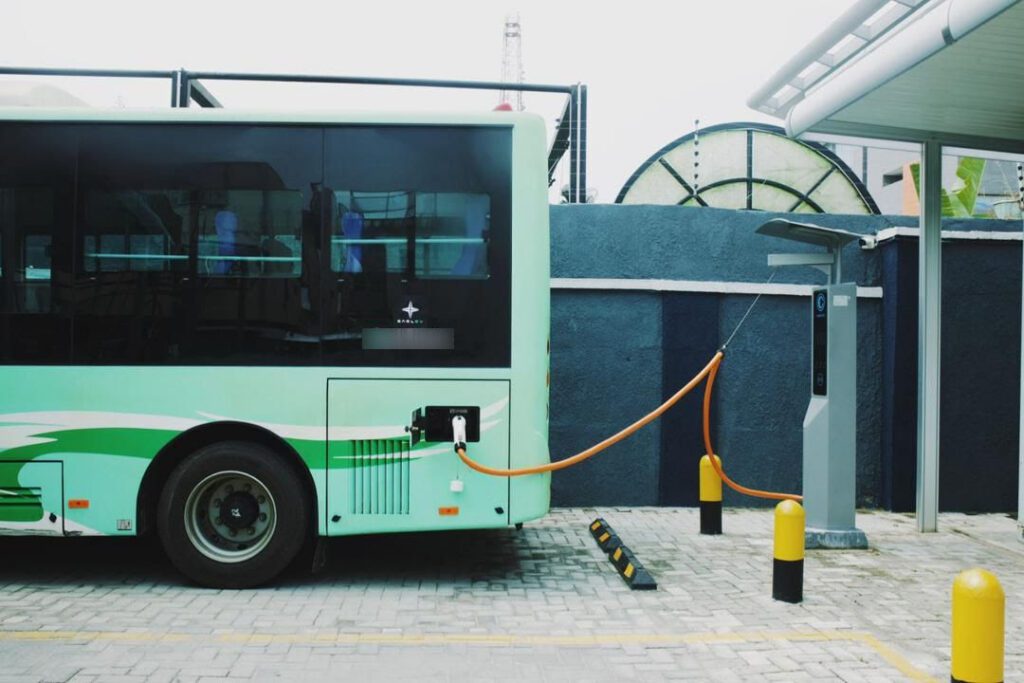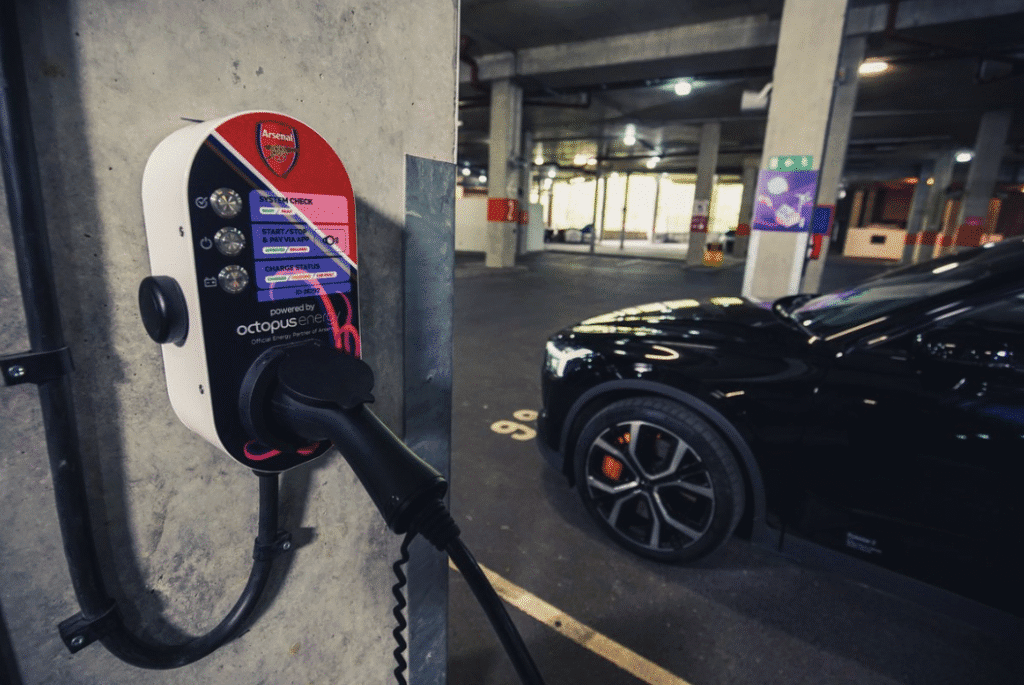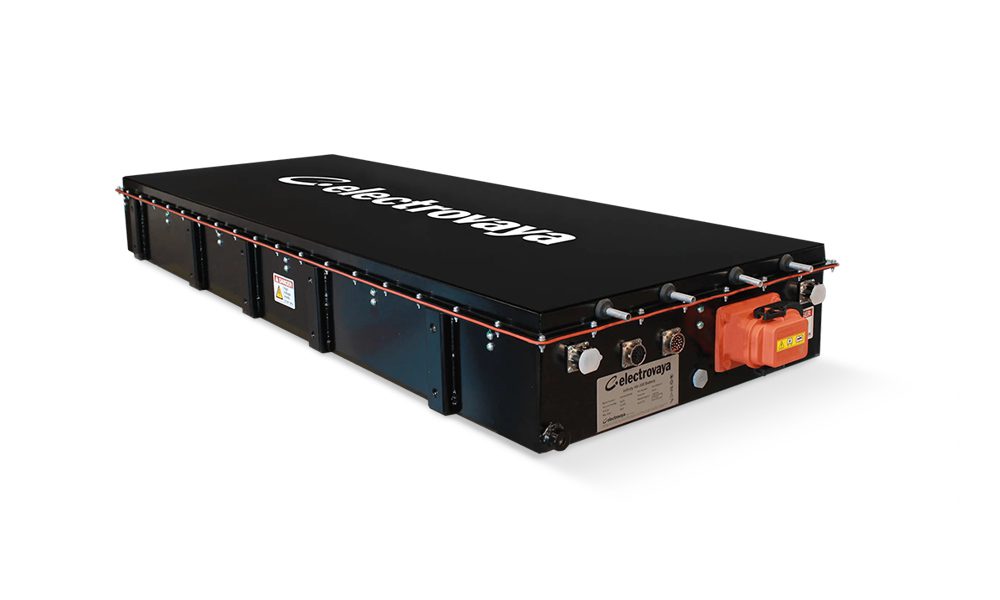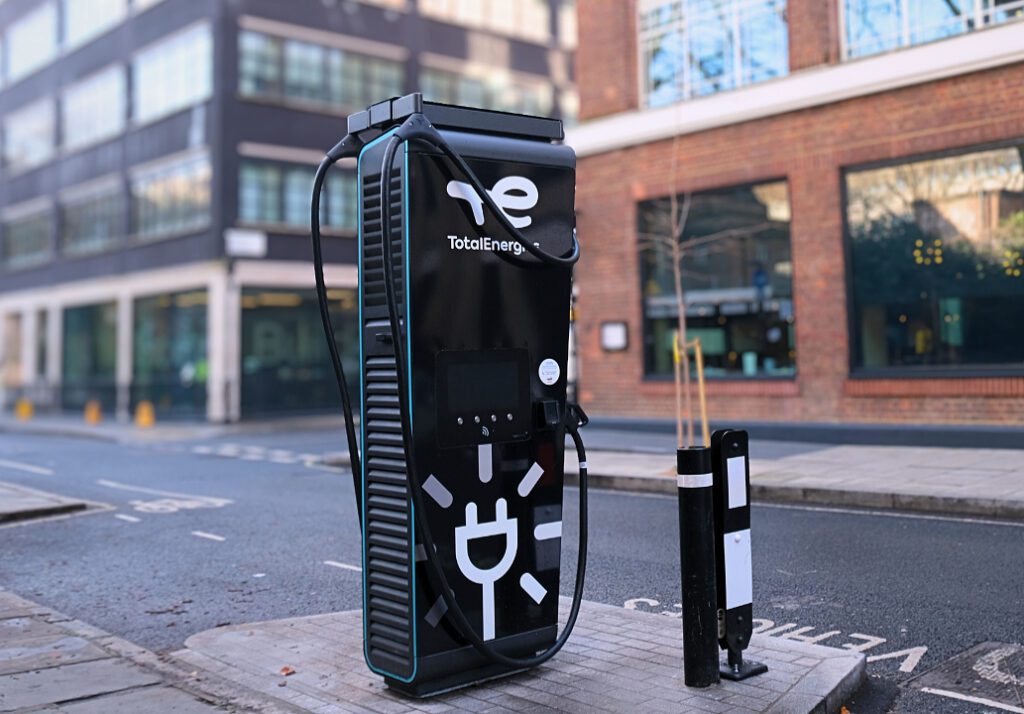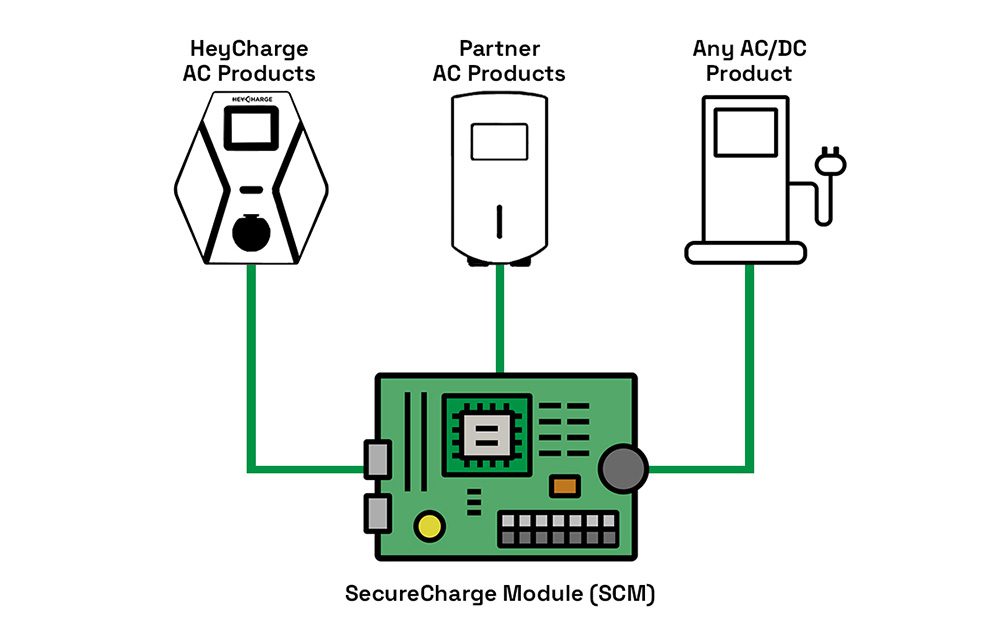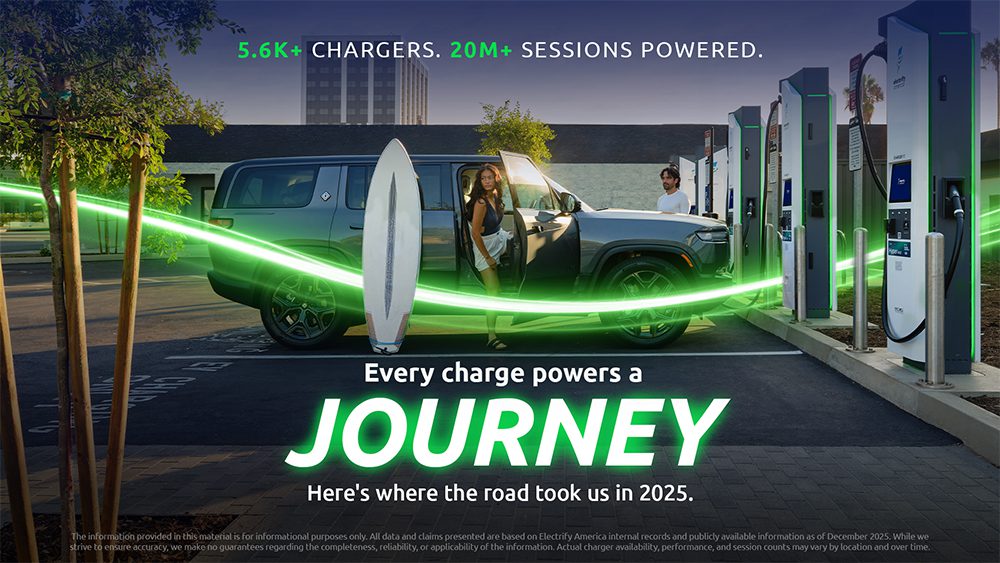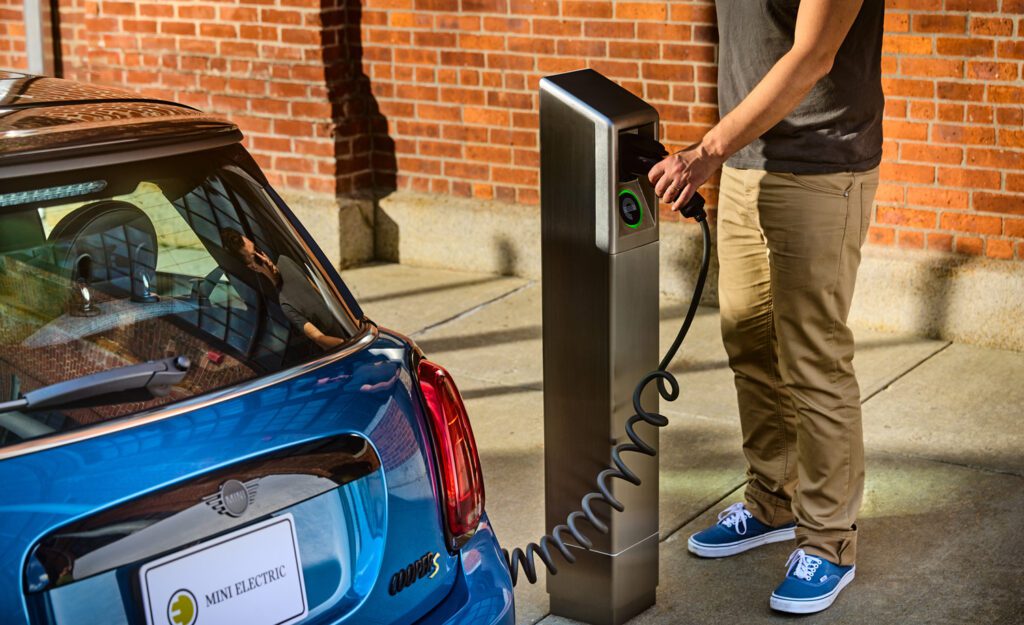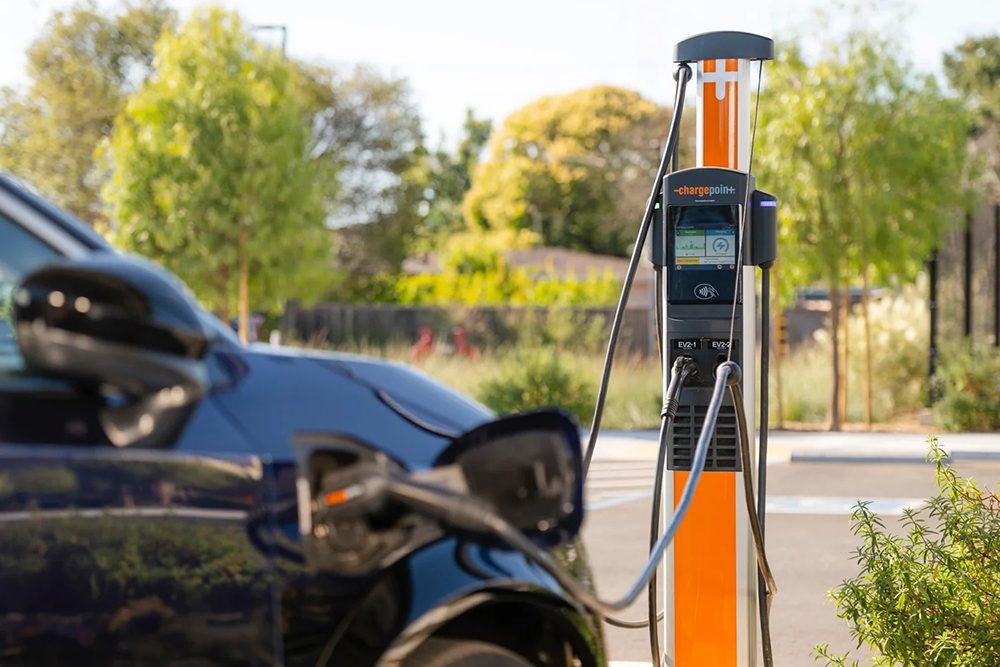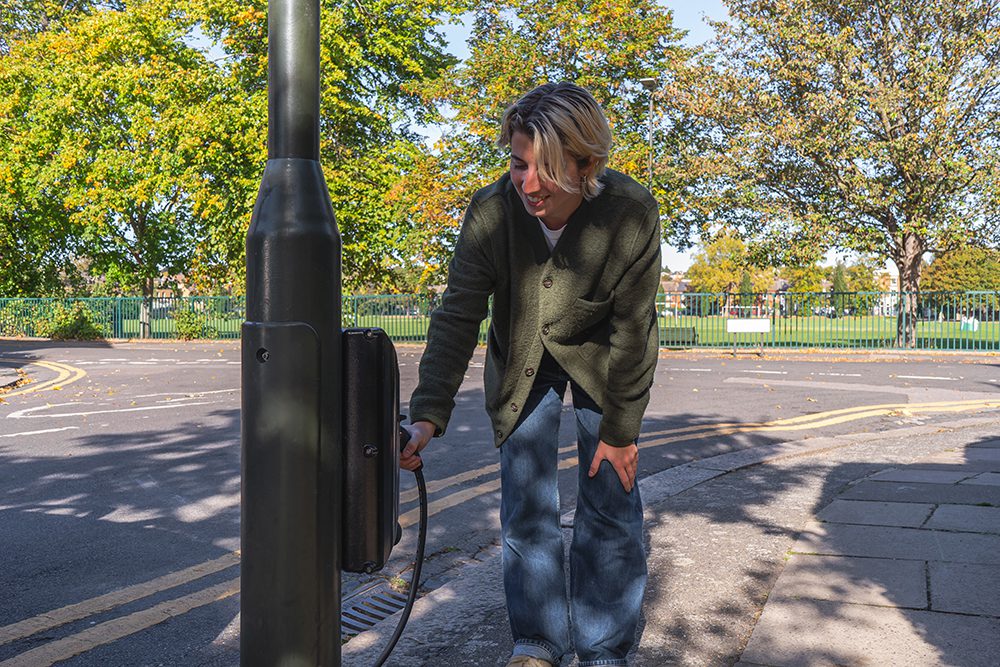The DOE has released the Energy Storage Grand Challenge Roadmap, the agency’s first comprehensive energy storage strategy. Announced in January 2020, the Energy Storage Grand Challenge (ESGC) seeks to establish American leadership in energy storage. In addition to concerted research efforts, the Roadmap’s approach includes accelerating the transition of technologies from the lab to the marketplace, focusing on ways to competitively manufacture technologies at scale in the US, and to ensure secure supply chains to enable domestic manufacturing. The Roadmap’s goal is to develop and domestically manufacture energy storage technologies that can meet all US market demands by 2030.
“Energy storage has an important role to play in our nation’s energy future,” said Secretary of Energy Dan Brouillette. “DOE worked closely with a wide range of stakeholders and partners to develop this actionable Roadmap to help bring promising energy storage technologies to market and position the United States as a global leader in energy storage solutions.”
The DOE is also releasing two companion ESGC reports: the 2020 Grid Energy Storage Technology Cost and Performance Assessment and the Energy Storage Market Report 2020.
The Roadmap presents six use cases that identify energy storage applications, benefits, and functional requirements for 2030 and beyond:
- $0.05/kWh levelized cost of storage for long-duration stationary applications, a 90 percent reduction from 2020 baseline costs by 2030.
- $80/kWh manufactured cost for a battery pack by 2030 for a 300-mile-range EV, a 44 percent reduction from the current cost of $143 per rated kWh.
- Other emerging applications for stationary storage include serving remote communities, increasing facility flexibility, increasing the resilience of interdependent networks and facilitating the transformation of the power system.
Source: DOE





















